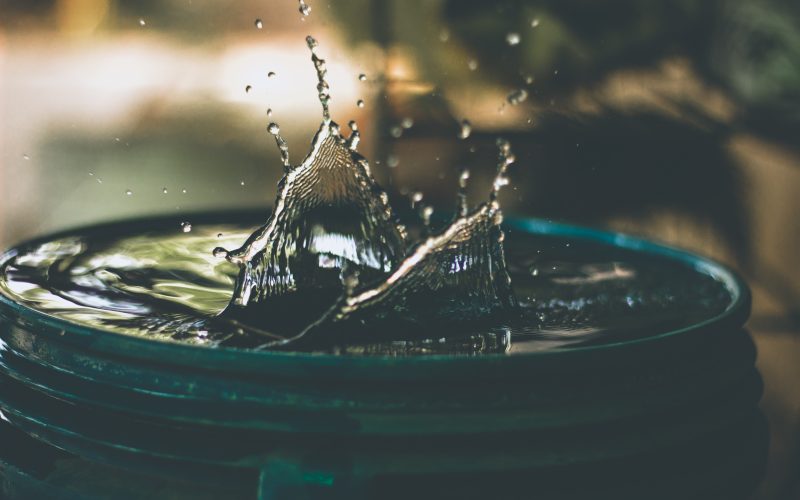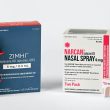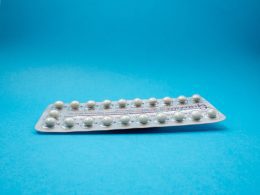Philadelphia, PA – The recent chemical spill in Philadelphia has raised concerns about the safety of the city’s water supply. As local authorities work diligently to contain the spill and minimize its impact, monitoring efforts are in full swing to ensure that the water remains safe for consumption. With the health and well-being of the community at stake, safeguarding the water supply has become a top priority.
The Incident
On April 12th, a chemical spill occurred at a manufacturing facility located along the Schuylkill River in Philadelphia. The spill involved hazardous chemicals, including industrial solvents and other toxic substances, which have the potential to contaminate the water supply. The incident prompted an immediate response from local authorities, who quickly initiated measures to contain the spill and mitigate its effects.
Monitoring Efforts
Philadelphia Water Department (PWD) has been actively monitoring the water supply since the spill occurred. This includes continuous sampling and testing of water samples from various points along the Schuylkill River and the city’s drinking water treatment plants. The goal is to identify any potential contaminants and take appropriate actions to protect the public health.
PWD has also been working closely with other agencies, including the Pennsylvania Department of Environmental Protection (DEP) and the U.S. Environmental Protection Agency (EPA), to assess the situation and coordinate response efforts. The agencies are utilizing advanced monitoring techniques, such as real-time water quality sensors and satellite imagery, to track the movement of contaminants and assess their impact on the water supply.
Precautionary Measures
As a precautionary measure, PWD has temporarily shut down one of its drinking water intake points located downstream of the spill site. This action ensures that no contaminated water enters the treatment process. The shutdown is expected to last until the situation is fully under control and the water is confirmed to be safe for consumption.
In addition to monitoring and shutting down intake points, PWD has also increased the dosage of chemicals used in the water treatment process to further safeguard against potential contaminants. This includes adding extra doses of activated carbon, a common treatment method for removing organic chemicals, to help neutralize any potential pollutants.
Public Health Measures
Philadelphia health officials have been closely monitoring the situation and providing updates to the public. As of now, there have been no reports of any adverse health effects related to the chemical spill. However, officials are advising residents to follow any precautionary measures or boil water advisories that may be issued by the authorities to ensure the safety of their drinking water.
Conclusion
Protecting Philadelphia’s water supply is of utmost importance in the wake of the recent chemical spill. The combined efforts of local authorities, water treatment plants, and various agencies are focused on monitoring, containment, and mitigation to safeguard the water quality. While the situation is being closely monitored, residents are encouraged to stay informed and follow any guidance provided by the authorities. Ensuring the safety of the community’s drinking water remains a top priority as the situation continues to develop.












